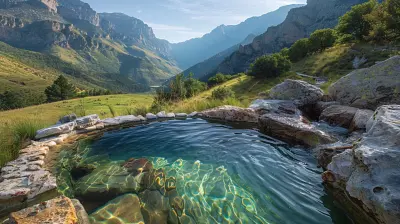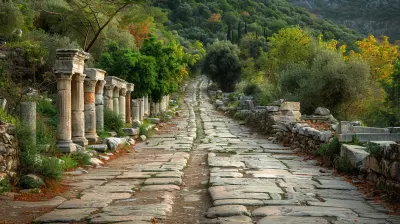Wilderness Survival Courses: Mastering the Art of Living Off the Land
2 June 2025
Survival isn’t just about toughing it out in the wild—it's about knowledge, adaptability, and resourcefulness. In a world dominated by technology and urban convenience, many people crave the skills to navigate nature solely on their wits and basic tools. That’s where wilderness survival courses come in. Whether you're an outdoor enthusiast, a prepper, or just looking for an exciting challenge, these courses teach you how to thrive in the wild by using what's around you.
In this guide, we’ll dive into the importance of wilderness survival courses, what you’ll learn, and why mastering these skills is a game-changer. 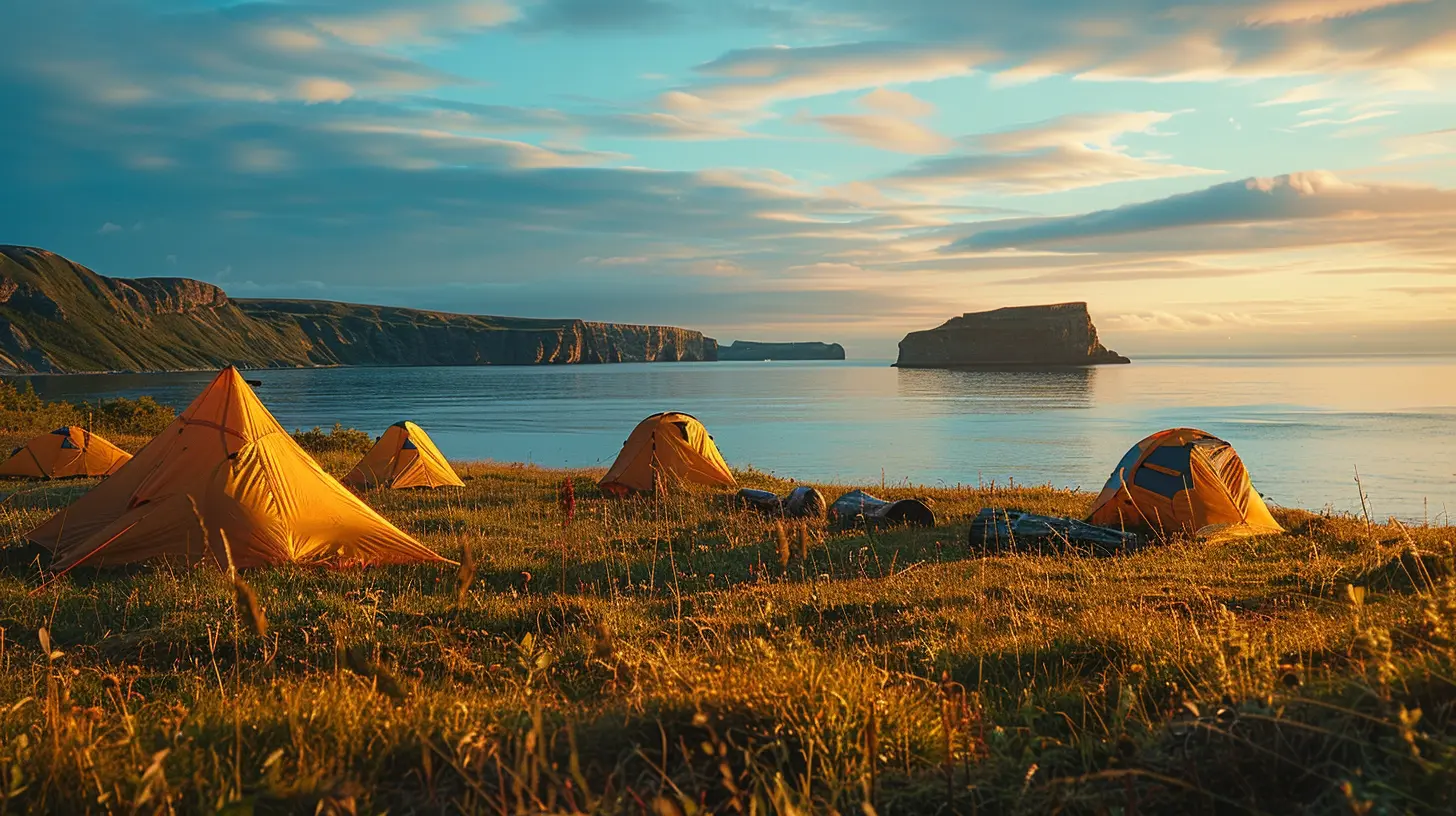
Why Take a Wilderness Survival Course?
Imagine being stranded in the woods with no phone, no food, and no shelter. Could you make it through the night? How about a week? Most of us rely so heavily on modern conveniences that we’d be completely lost in a true survival situation.Wilderness survival courses are more than just emergency preparedness—they foster independence, resilience, and deep respect for nature. Here’s why you should consider signing up:
- Boost Your Confidence – Knowing you can handle yourself in the wild eliminates fear and uncertainty.
- Enhance Outdoor Adventures – Hiking, camping, and backpacking become much safer and more enjoyable.
- Emergency Preparedness – In case of disasters or unforeseen circumstances, you’ll have essential survival skills.
- Reconnect with Nature – In today’s fast-paced world, immersing yourself in the wild is both refreshing and humbling.
Now, let’s break down what a typical survival course covers. 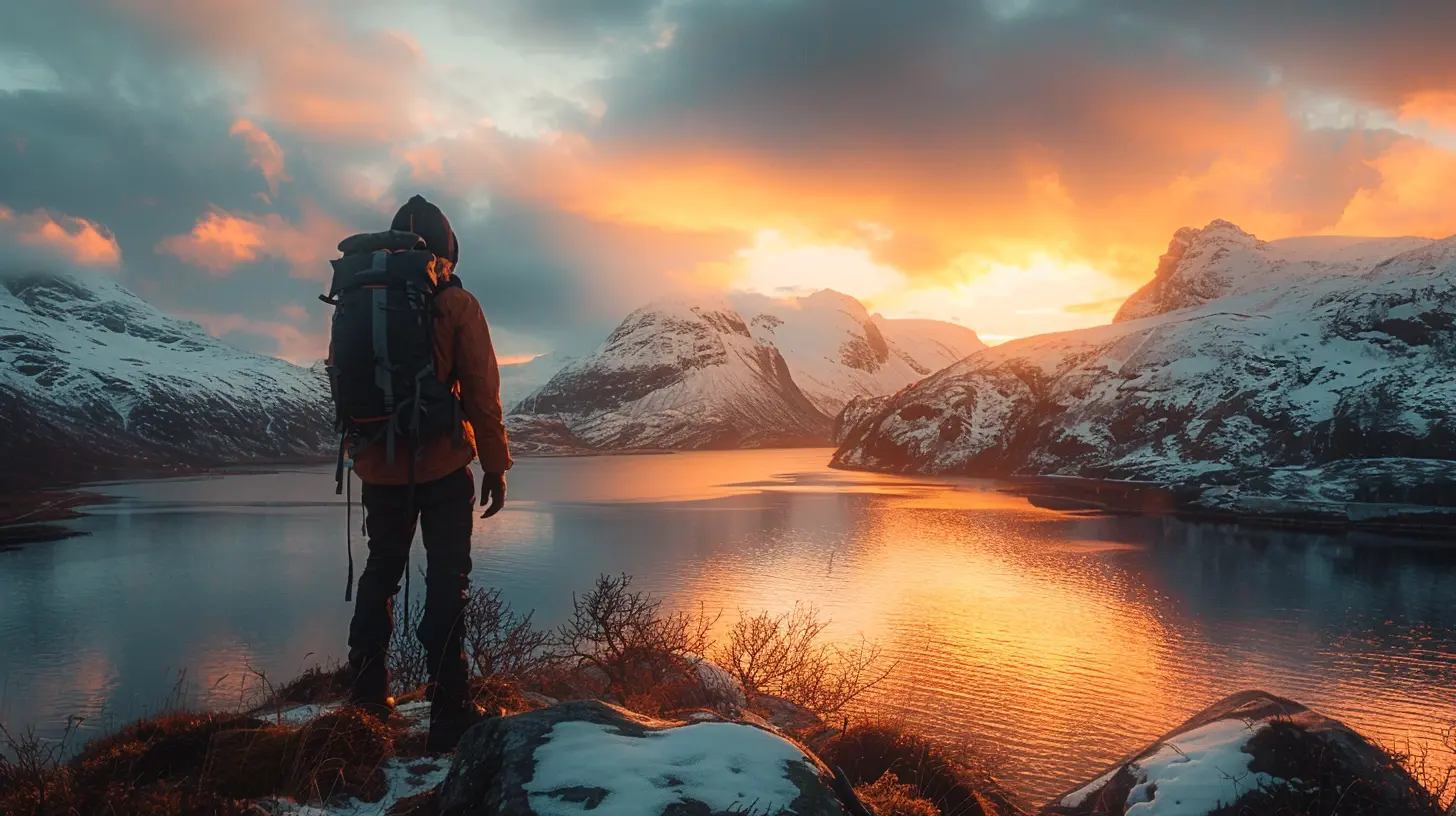
Core Skills You'll Learn in a Wilderness Survival Course
Survival courses vary in structure and depth, but most cover crucial skills that determine whether you thrive or barely scrape by.1. Shelter Building: Protecting Yourself from the Elements
Your number one priority in any survival situation is shelter. Without it, exposure to harsh weather can quickly become life-threatening.You’ll learn different types of shelters based on available materials and climate conditions, including:
- Debris Huts – Perfect for cold environments, using leaves, sticks, and branches for insulation.
- Lean-Tos – Quick to construct, great for blocking wind and rain.
- Snow Caves – Essential for survival in freezing temperatures.
A good shelter conserves body heat, keeps you dry, and provides a psychological boost when you're alone in the wild.
2. Fire-Making: Mastering the Art of Flame
Fire is everything in a survival situation—it keeps you warm, purifies water, cooks food, and wards off predators.Survival courses teach multiple fire-starting techniques, including:
- Friction-Based Methods – Bow drill or hand drill (hard but rewarding).
- Flint and Steel – A handy method when you have the right tools.
- Using Natural Tinders – Dry leaves, birch bark, and fine grasses can be life-saving fire starters.
Once you master fire-making, you’ll feel an immense sense of self-reliance.
3. Finding and Purifying Water: Staying Hydrated Without a Tap
Humans can go weeks without food, but only a few days without water. In the wild, dehydration can quickly lead to fatigue, confusion, and even death.Survival courses focus on:
- Locating Water – Streams, dew collection, underground sources.
- Purification Techniques – Boiling, solar stills, filter-making, and using purification tablets.
- Avoiding Contaminated Water – Recognizing signs of unsafe water sources.
Knowing how to secure clean drinking water can make all the difference between life and death in the wilderness.
4. Foraging and Trapping: Finding Food in the Wild
Contrary to popular belief, survival isn’t about instantly transforming into a master hunter. Instead, nature provides a variety of edible plants, insects, and small game.You'll learn:
- Edible Plant Identification – Avoid toxic lookalikes and safely consume wild greens, berries, and roots.
- Basic Trapping Techniques – Deadfall traps, snares, and fish weirs to catch small animals.
- Insect Protein – Crickets and grubs are nutrient-dense and available almost everywhere.
A good survivalist knows how to source food without depleting their energy reserves.
5. Navigation Without GPS: Finding Your Way in the Wild
Without GPS or a smartphone, could you find your way out of a dense forest?Survival courses equip you with:
- Map and Compass Skills – The foundation of navigation.
- Using the Sun and Stars – Ancient techniques for determining direction.
- Tracking Natural Landmarks – Recognizing tree growth patterns, water flow, and rock formations for orientation.
Even in unfamiliar terrain, these skills ensure you never feel truly lost.
6. First Aid and Emergency Response: Handling Injuries in the Wild
An unexpected injury in the wilderness can escalate quickly. That’s why first aid is a critical part of any survival course.You’ll learn:
- Treating Wounds and Burns – Improvised bandages, stitching techniques, and preventing infections.
- Handling Hypothermia or Heatstroke – Recognizing symptoms and applying effective treatments.
- Creating Stretchers and Improvised Splints – Transporting injured individuals when needed.
With these skills, you'll be better equipped to handle emergencies until help arrives. 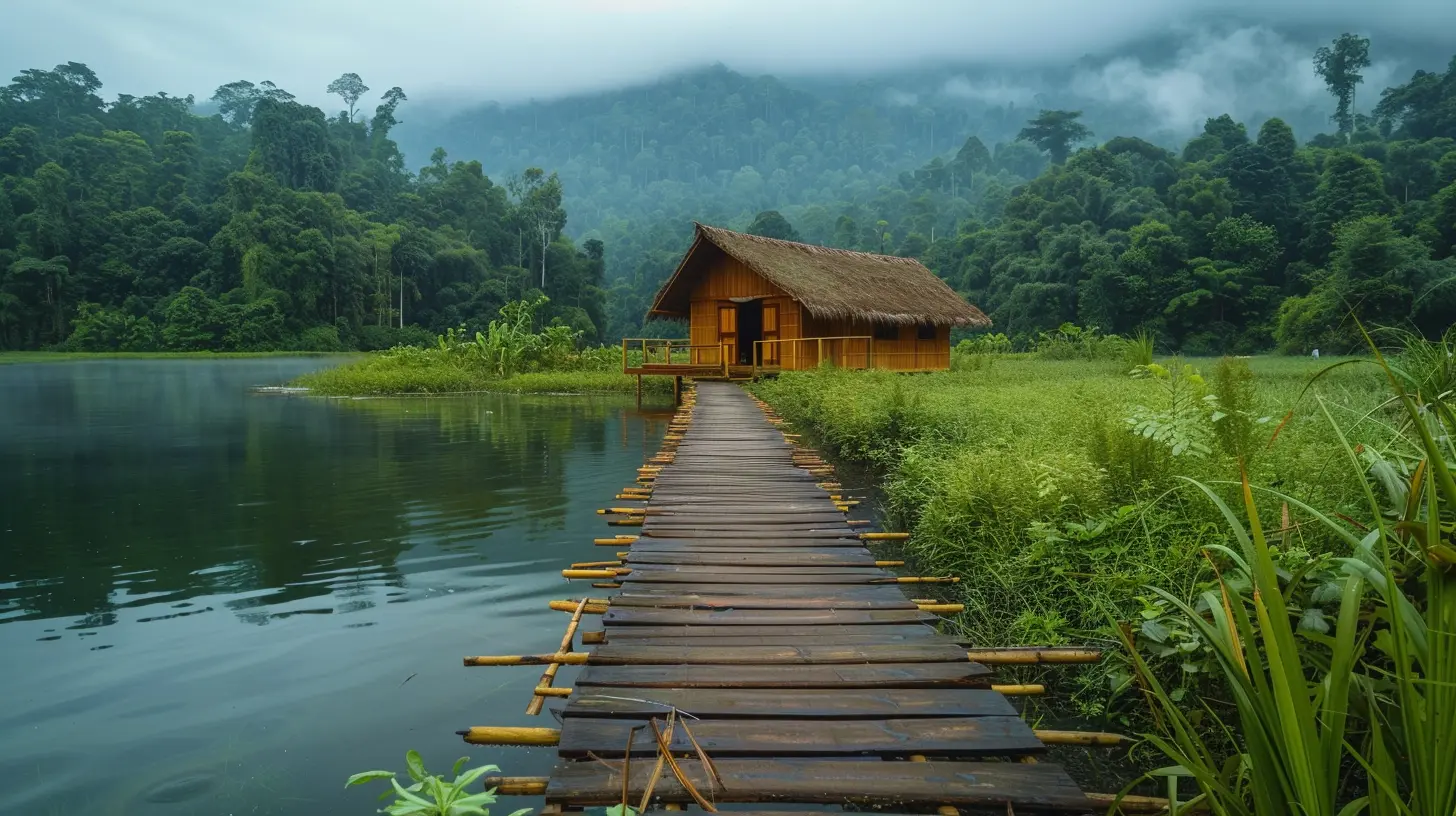
Choosing the Right Wilderness Survival Course
Not all survival courses are created equal. Some focus on extreme survival in harsh environments, while others emphasize practical outdoor skills for hiking and camping.Here are some factors to consider:
- Course Location – Do you want to train in a desert, forest, or mountainous terrain?
- Duration – Courses range from a single weekend to several weeks of intensive training.
- Skill Level – Choose a course suited to your experience—beginner, intermediate, or advanced.
- Instructor Experience – Look for courses run by ex-military personnel, seasoned outdoorsmen, or certified survival experts.
Some renowned survival schools include:
- Tom Brown Jr.’s Tracker School
- Boulder Outdoor Survival School (BOSS)
- Bear Grylls Survival Academy
Each offers a unique approach to surviving and thriving in the wilderness. 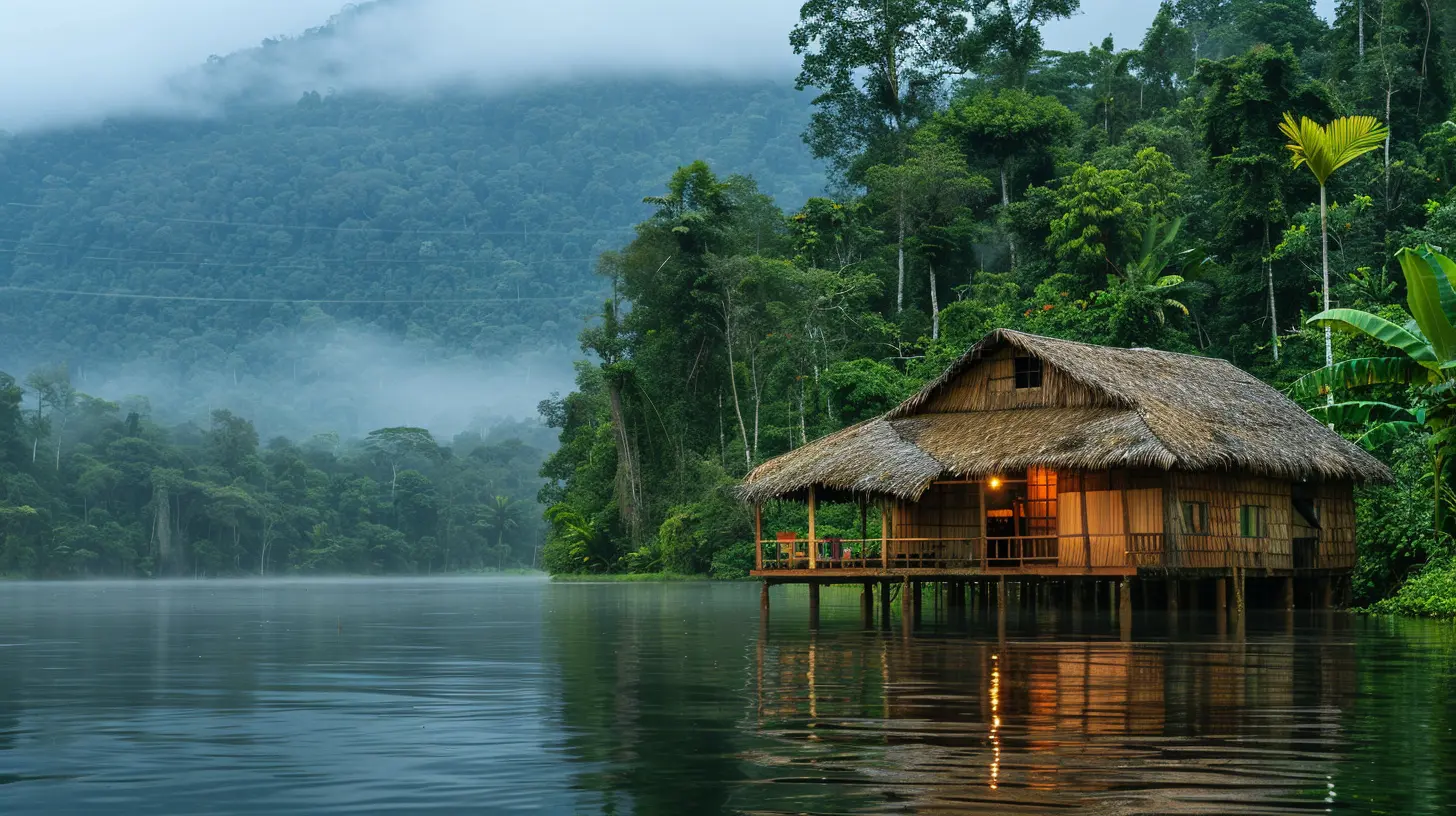
Final Thoughts
Learning wilderness survival isn’t about expecting the worst—it’s about embracing the challenge, gaining self-sufficiency, and reconnecting with nature. Mastering these skills provides freedom, confidence, and a deeper appreciation for the wild landscapes around us. Whether you're prepping for emergencies, planning outdoor adventures, or just seeking an adrenaline-filled learning experience, survival courses equip you with the tools to conquer the elements.So, are you ready to test your limits and learn how to truly live off the land?
all images in this post were generated using AI tools
Category:
Adventure TravelAuthor:

Winona Newman
Discussion
rate this article
3 comments
Mary McGovern
Wilderness survival courses offer essential skills for self-reliance and sustainability, empowering individuals to thrive in nature while fostering a deeper connection with the environment.
June 13, 2025 at 2:30 PM

Winona Newman
Absolutely! Wilderness survival courses equip individuals with vital skills, enhancing self-reliance and promoting a profound bond with nature.
Iris Cooper
Great insights! Wilderness survival courses truly empower individuals to connect with nature and enhance self-reliance.
June 4, 2025 at 5:00 AM

Winona Newman
Thank you! I'm glad you found the insights valuable. Wilderness survival courses indeed foster a deep connection with nature and boost self-reliance.
Rhea Carey
Embrace the adventure! Wilderness survival courses empower you to connect with nature and build essential life skills.
June 3, 2025 at 4:02 AM

Winona Newman
Thank you! Embracing adventure through wilderness survival courses truly enriches our connection with nature and equips us with vital skills for life.

